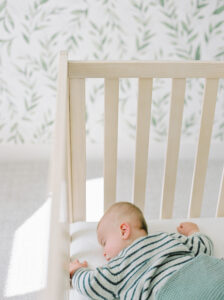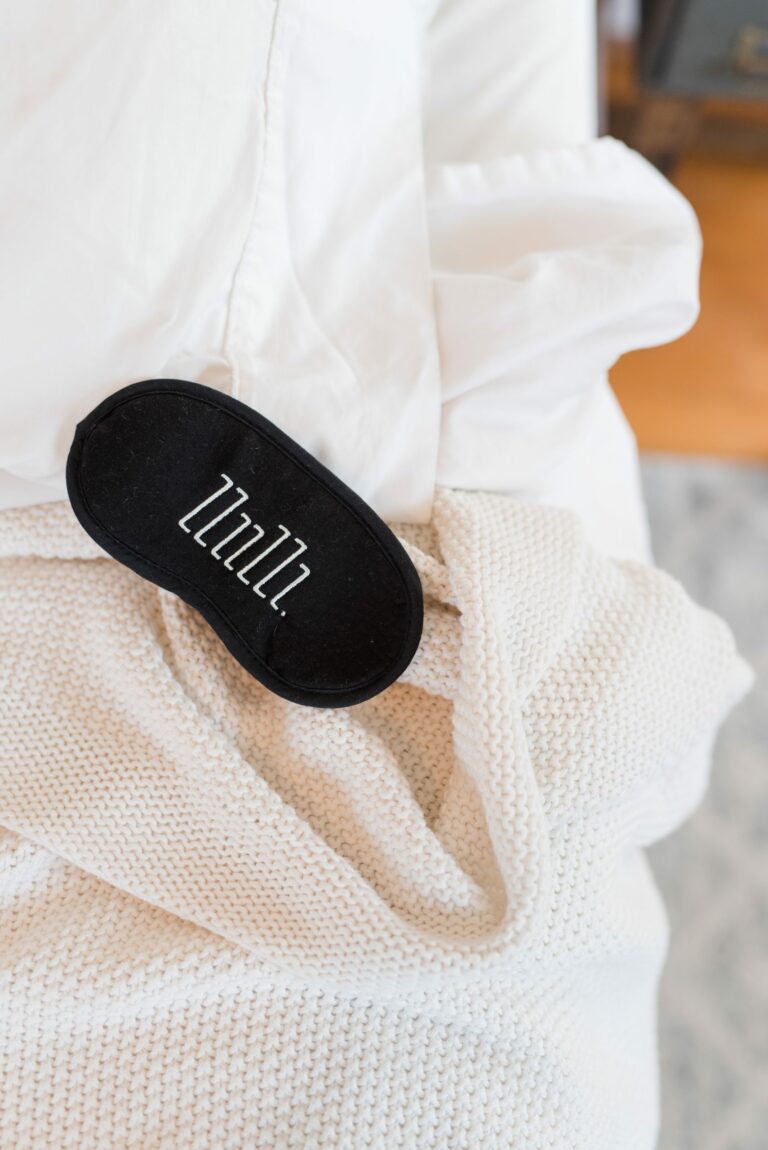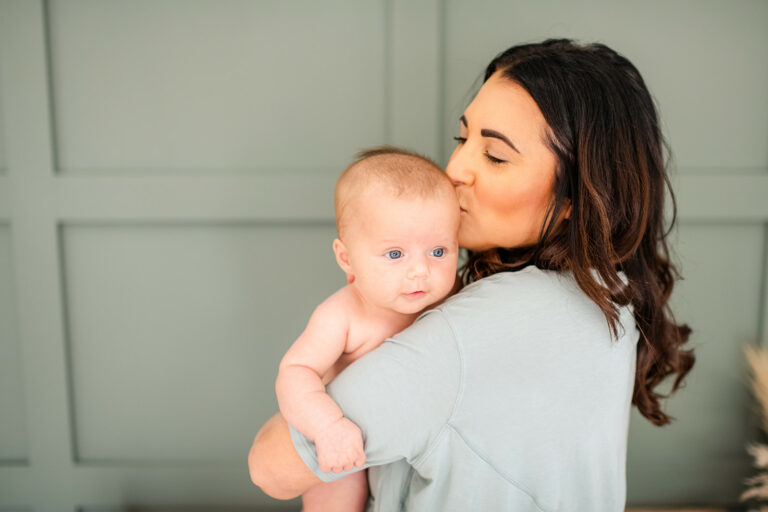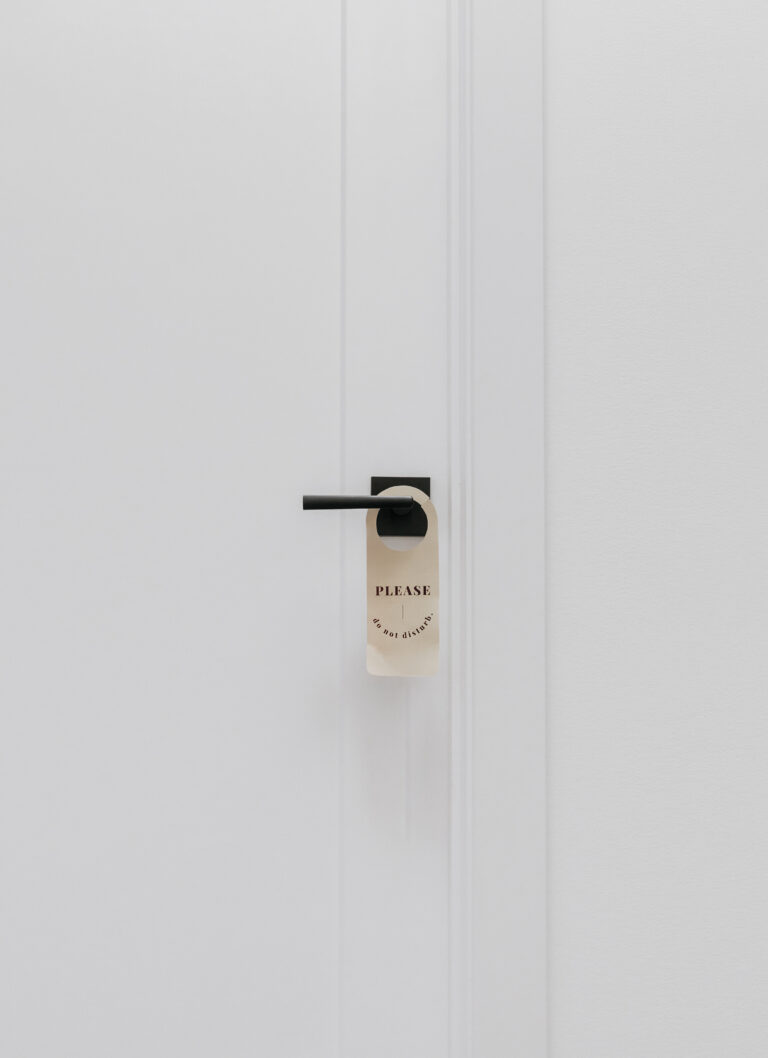Let’s clear something up right away: independent sleep doesn’t mean you leave your baby to cry alone in a dark room and hope for the best.
It means your child has the skills and confidence to fall asleep and return to sleep on their own without needing a specific person, place, or routine to make it happen. And that’s a game changer.
So, why does independent sleep matter?
To get why independent sleep is a game changer, it helps to understand what’s really going on when your baby sleeps.
Sleep happens in stages — or cycles — that usually last about 40-60 minutes for little ones. Each cycle moves through lighter and deeper phases, and it’s totally normal for your baby to briefly wake up between them.
Here’s the catch: if your baby relies on you to fall asleep (via rocking, feeding, bouncing, etc.) they can get stuck associating you with sleep. So when they naturally wake up between cycles (remember, that’s totally normal!), they might need you to help them fall back asleep every single time because they aren’t sure how to do it themselves.
Independent sleep means your baby learns how to fall asleep on their own, so when those natural wake-ups happen, they can transition seamlessly into their next sleep cycle vs. waking up and getting stuck awake when they don’t want to be. Teaching your baby to fall asleep independently gives them the skills to get through those normal night wakings without needing a full restart every time. It doesn’t mean they never wake — it just means they don’t always need you when they do.
The real-life benefits of independent sleep
Independent sleep supports everyone in the family. When your baby can fall asleep and stay asleep without needing so much hands-on help, it opens up more space for rest — for them and for you. It can mean smoother bedtimes, more predictable naps, and fewer “how are they awake again?!” moments in the middle of the night. It’s about giving them (and you) the tools for more consistency, more confidence, and more rest. Plus, the skills your baby learns now can make milestones + transitions later (like travel, childcare, a new sibling, dropping naps, or switching to a big kid bed) a whole lot smoother.
This doesn’t mean you never comfort your child or respond to them at night. Independent sleep is about equipping, not abandoning. You’re teaching your baby a skill that makes sleep easier for both of you — not just in the baby phase, but long term.
But I don’t mind helping my baby fall asleep (I even enjoy it!)
Totally fair, and you’re not alone! Plenty of parents don’t mind rocking or feeding their baby to sleep. And if it’s working for you, there’s no need to change it. But if it’s not working anymore (hello, 8 wake-ups a night), that’s usually when families start to feel stuck and want to make a change.
Babies grow and priorities change. What worked at 3 months might not work at 9 months or 2 years. When (if) you’re ready, independent sleep gives you more flexibility and a more sustainable sleep routine as your child grows.
So how do you teach independent sleep?
There’s a lot more to sleep teaching than just picking a method. While most people focus on how you respond in the moment (CIO, Ferber, etc.), that’s really just one piece of the process.
Independent sleep tends to click when everything else is working with your baby, not against them — things like their schedule, routines, sleep environment, temperament, nutrition, etc. You could follow a method perfectly, but if the rest of their day doesn’t support good sleep, the results might still feel frustrating or all over the place.
That’s why I always take a step back and look at what’s going on beneath the surface — because supporting sleep isn’t just about one decision at bedtime. It’s about making sure everything around sleep is setting them up for success too.
If you’re curious about what sleep training really involves beyond just picking a method, I dive into that here.
You don’t need to rush this, but if you’re ready to make a change, you deserve support that actually works.
Helping your baby learn to sleep independently is about making intentional, supportive changes that give your child the tools to sleep well both now and for the long term.
And if you’re not sure where to start or what your next step should be, that’s what I’m here for.
Explore more resources here or book a free discovery call to find the kind of support that fits your family.
You’ve got this (and I’ve got you)!













